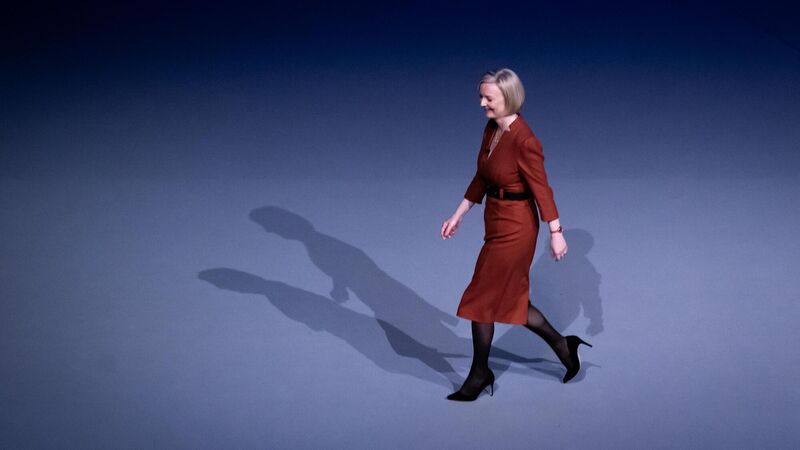Truss backs off from reviewing interest rate mandate of Bank of England

British Prime Minister Liz Truss after delivering her keynote speech at the Conservative Party annual conference in Birmingham
British Prime Minister Liz Truss backed the Bank of England’s authority to set interest rates independently, dropping previous mentions of a review into the central bank’s policy-making.
In her highest-profile speech on the economy since she took office in September, Ms Truss didn’t mention themes she touched on during her Conservative Party leadership campaign —including the prospect of setting a new target for the central bank.











